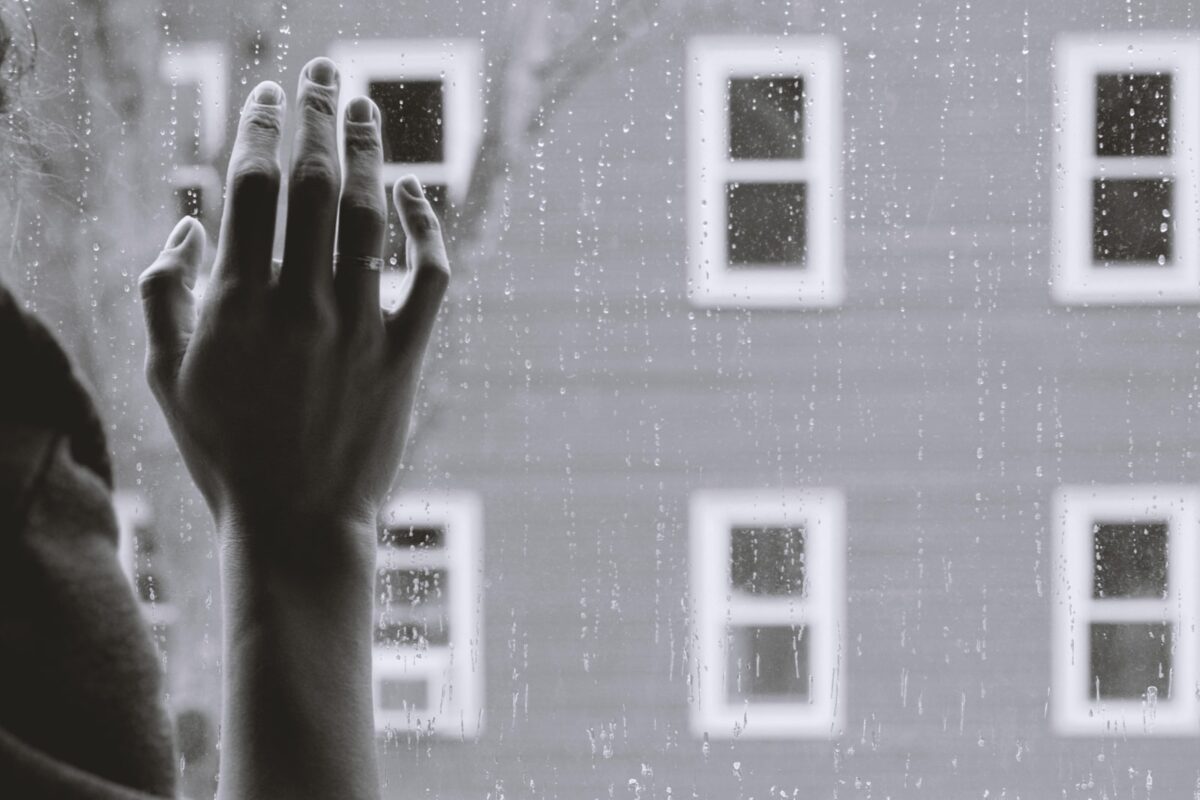OPINION
NewZealandDoc
Philadelphia-born psychoanalyst, psychiatrist and author who emigrated to New Zealand in 2006. He retired from psychiatric practice in 2021, refusing to be inoculated, after working in the public sector in New Zealand.
On the occasion of the first nationwide lockdown imposed by the Ardern government, in 2020, my plans to return to the United States to visit my few remaining relatives were stymied. During that time my planned leave from work was spent volunteering at a local health practice in a low-decile area of the region, making home visits and writing scripts.
When the second lockdown was decreed — on the basis of a single person testing ‘positive’ for a chimerical pathogen — my cousin passed away in Philadelphia. She was the last tangible and emotional link to my mother, yet I was prevented from travelling anywhere, prevented from joining her children to mourn her and celebrate her courageous and vigorous life spent fighting off a severe heart condition for decades. I had seen her last some seven years ago.
I remember too that during the lockdowns and the insipid colour-coded reentry phases, I had begun to despair that humanity might ever recover. We were forbidden from gathering, from protesting, from visiting our elderly and infirm, and from mourning our dead.
In retrospect, it is an astonishingly heinous crime to have subjected an entire population to restrictions and violations of the most fundamental of rights, but the propaganda was so strong and relentless — daily death counts and case counts worldwide and dire messages of worse to come, over and over and over — that the majority accepted the constraints with nary a peep.
I took refuge in film, from time to time, but what I remember is the sensation of looking at a lost world, a world of community and rubbing shoulders, of easy association and crowded summer beaches — particularly in Italy. I discovered the unheralded masterpiece of director Dino Risi — Il Sorpasso — The Overtaking — and revelled in the glimpses of freely-communing bodies and souls as two unlikely protagonists motored their way together from Rome through the Italian countryside during a summer holiday.
I had wondered, as I watched and rewatched Il Sorpasso, if we would ever return to such facile grace again, bristling at the iron heel of the ‘single source of truth’ that blithely turned gregarious beings into recluses, and knowing that the quarantining of health people was an as yet unheard-of innovation in pandemic protocols.
Everything about covid was false, from the beginning, and the lies came thicker and faster than a plague of locusts: masks, ‘social’ distancing, a necessary gene-altering jab, the ‘impossibility’ of treating the incomparably ‘lethal’ virus …
Now people are congregating again, crowding the streets when not working from home, a relatively novel institution developed and honed during covid, congenially embraced by those who love to lounge in pyjamas with their laptops, and for whom the barrier between work and home has become delightfully permeable.
I marvel at the absence of rush-hour traffic on certain days here in Wellington. I note too that on the city beaches the healthy and resilient impulse to socialize has reared its irrepressible head. Teenagers preen and flirt, swimmers swim, kids scream and yell, and the more mature simply bask in the sun and the scene, desperately hoping that normality will not be upended by another fraud.
I muse with irony at the marketing that convinced so many people to feel unified while their rights were demolished: ‘we’re all in this together’ went the slogan, precisely as we were mandated to be apart.
For many of us, privileged to have been brought up with the perfume of freedom and hope, the lockdowns brought home the terrifying realities of what so many peoples in history have suffered as slaves, as victims of rape and other coercions: that horrible and indescribable feeling of no escape.
If the authorities attempt to impose another set of deceptive and destructive restraints, if they attempt to sound the knell of fear and pound the message home with further falsehoods and repetition, I like to think that even the Lilliputians who complied and participated in enforcing the senseless depredations of our humanity will, at last, resist.
I guess we’ll see. Meanwhile, the unsung relics of the lockdowns remain in view: so many shuttered businesses, so many once-thriving establishments now closed. So many of the jabbed who know that something is amiss unwilling to acknowledge that they have been had.
Emanuel E. Garcia, M.D.

